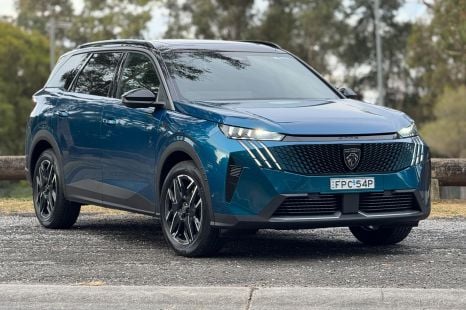

Matt Campbell
4 Days Ago
The Victorian Government has increased its controversial zero- and low-emissions road-user charge from July 1.

Contributor
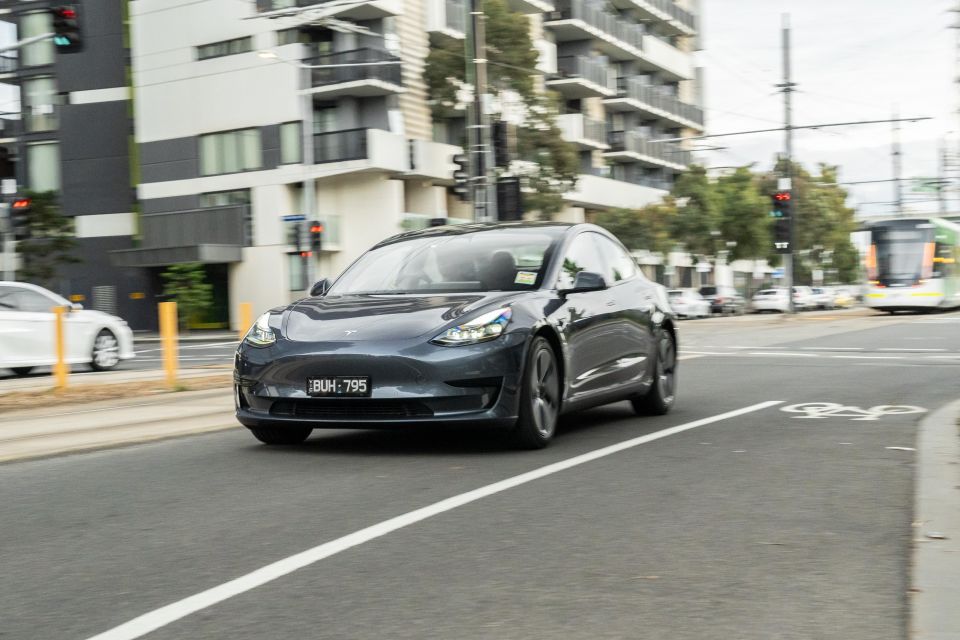

Contributor
It’s now been 12 months since the Victorian Government implemented its controversial zero- and low-emission vehicle (ZLEV) road-user charge – one deferred in some other states.
For the new financial year, it has now upped the rates by 0.1 cent per kilometre.
The July 1 tax increase means owners of electric vehicles (EVs) and hydrogen fuel-cell vehicles (FCEVs) who previously paid 2.5 cents per kilometre – in lieu of fuel excise – are now required to pay 2.6c/km.
Meanwhile owners of plug-in hybrids (PHEVs) who previously paid 2.0 cents per kilometre are now required to pay 2.1 cents per kilometre, on top of fuel excise from whenever you top up the tank.
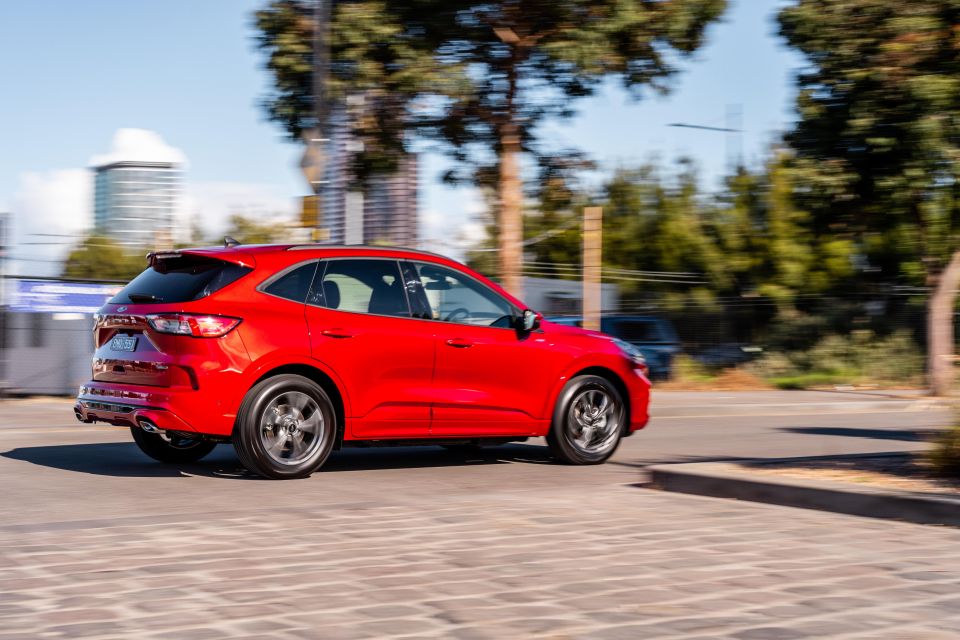
This now means an EV owner who travels 15,000km per year will be charged $390 on top of their annual registration fee, and a PHEV owner who travels 15,000km per year will now be charged $315.
Both of these hypothetical owners would now pay $15 more than what they did during the 2021-22 financial year.
It’s worth noting that PHEV owners also have to currently have to pay a 22.1 cents per litre fuel excise rate because of the internal combustion engine. This fuel excise rate is set to return to 44.2 cents per litre on September 28.
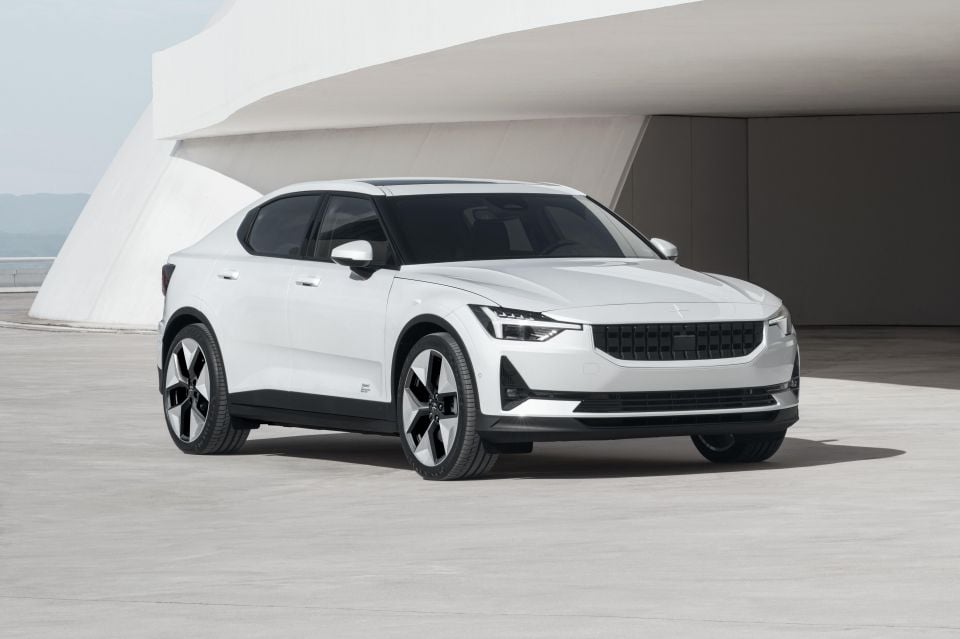
VicRoads, which collects the money on behalf of the Victorian Government, has said the increase in the ZLEV road-user charge is in line with other Government indexed fees and charges which come into effect on July 1 each year.
As previously noted, this means that these charges aren’t expected to stay static and may change each financial year depending on the indexation rate.
Only distances travelled after July 1, 2022 will be subject to the new and higher rate.
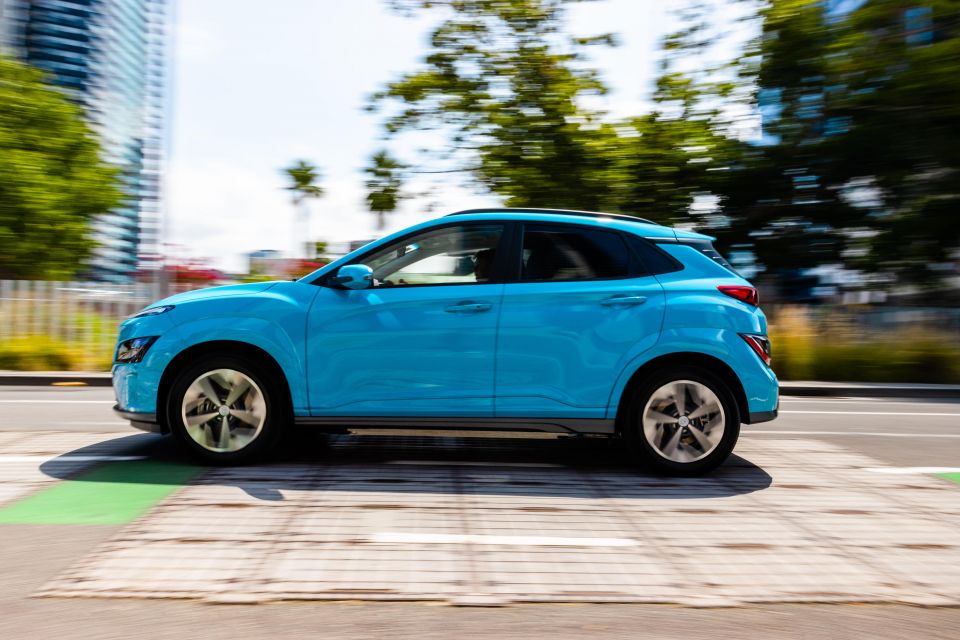
Despite the rate increase, EV, FCEV and PHEV owners are still eligible for a registration discount of up to $100 per year. This amount is pro-rata for registration periods of less than 12 months.
When requested, ZLEV owners will be required to provide a photo of their vehicle’s odometer within 14 days.
If you fail to declare your odometer reading after the 14 days it will result in an automatic pro-rata invoice based on a yearly travelled estimate of 13,500km, or a penalty process that may lead to registration suspension or cancellation.
MORE: What electric car buyer incentives are offered across Australia?
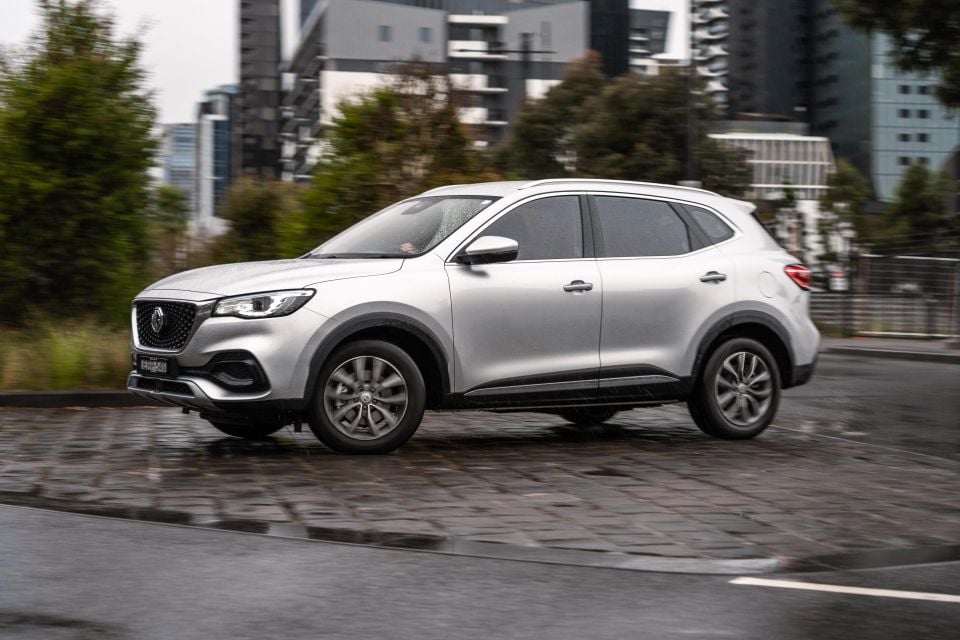
Following the introduction of this road-user tax in July 2021, New South Wales, South Australia, and Western Australia have also said they’ll launch new road-user tax on low- and zero-emission cars to make up for lost fuel excise.
But all of these states will defer the introduction of this charge until 2027, to allow EVs to gain market share with fewer impediments.
MORE: Victoria passes electric vehicle road tax MORE: Victorian electric car tax facing High Court challenge MORE: South Australia passes electric car rebates – and road user tax MORE: NSW Transport Minister proposes electric vehicle incentives
Jack Quick is an automotive journalist based in Melbourne. Jack studied journalism and photography at Deakin University in Burwood, and previously represented the university in dance nationally. In his spare time, he loves to pump Charli XCX and play a bit of Grand Theft Auto. He’s also the proud owner of a blue, manual 2020 Suzuki Jimny.


Matt Campbell
4 Days Ago
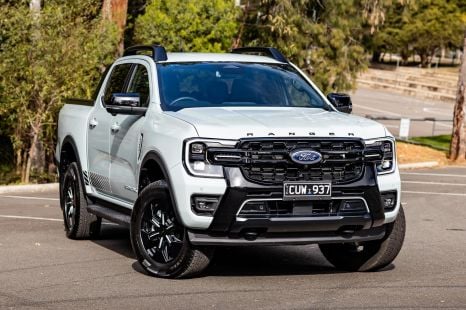

Matt Campbell
3 Days Ago
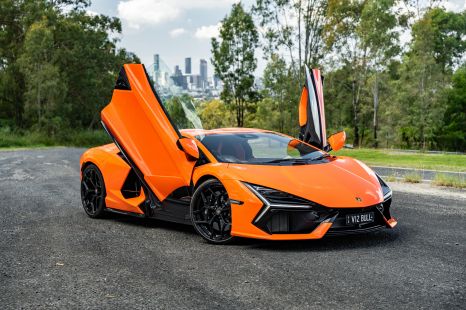

Alborz Fallah
2 Days Ago
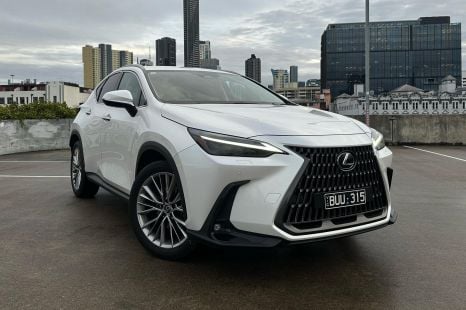

William Stopford
2 Days Ago
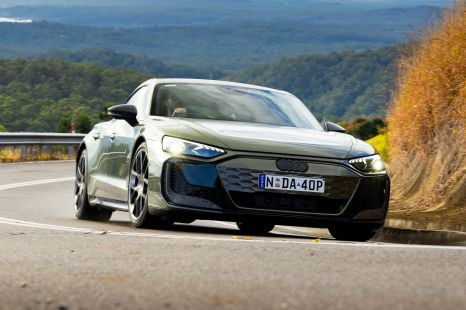

James Wong
1 Day Ago
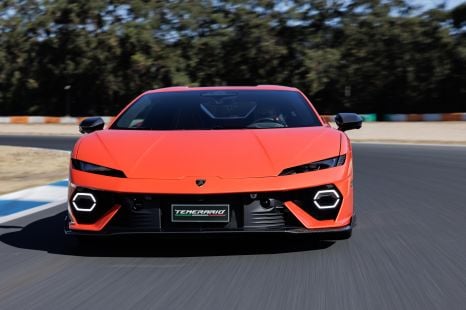

Alborz Fallah
6 Hours Ago